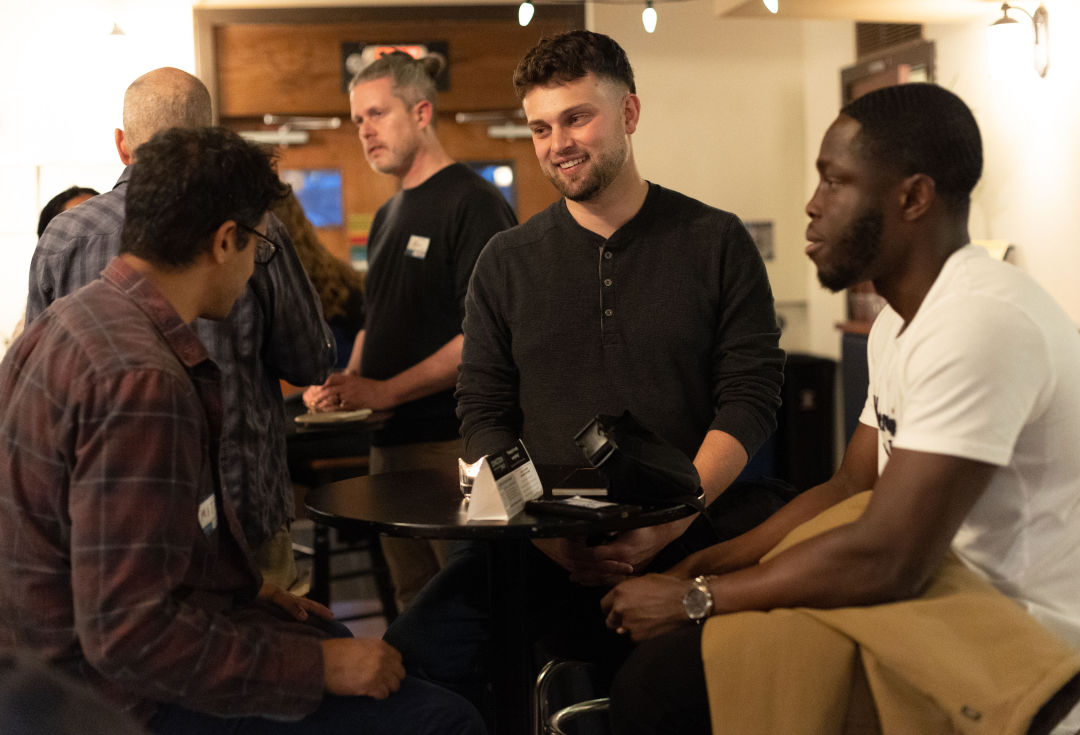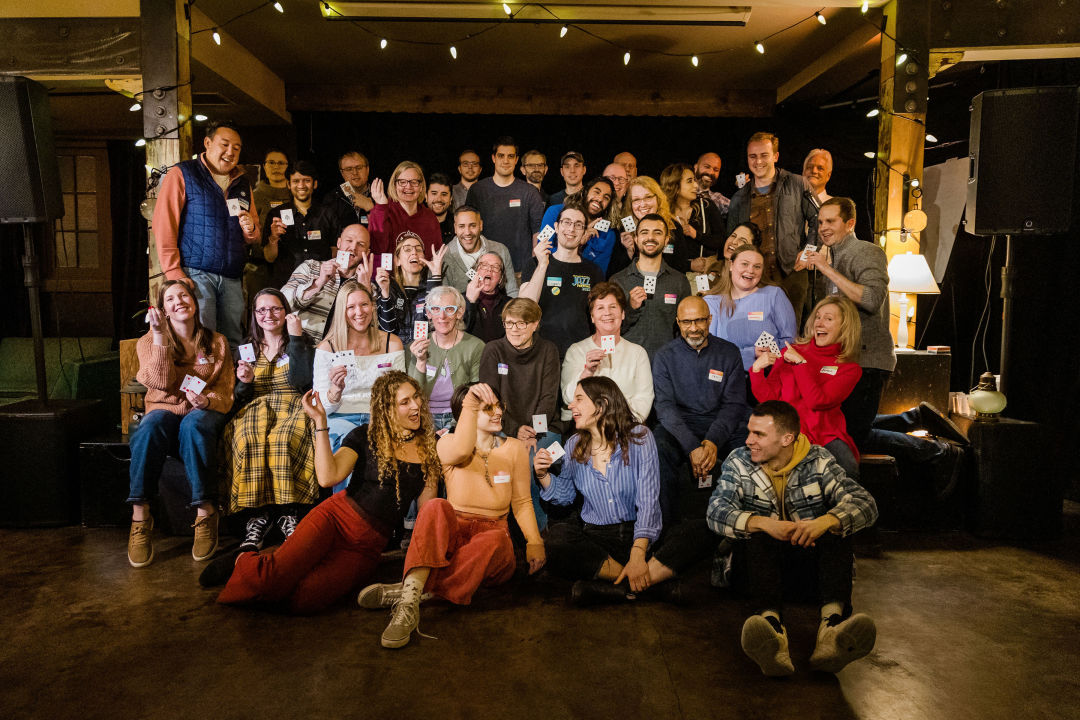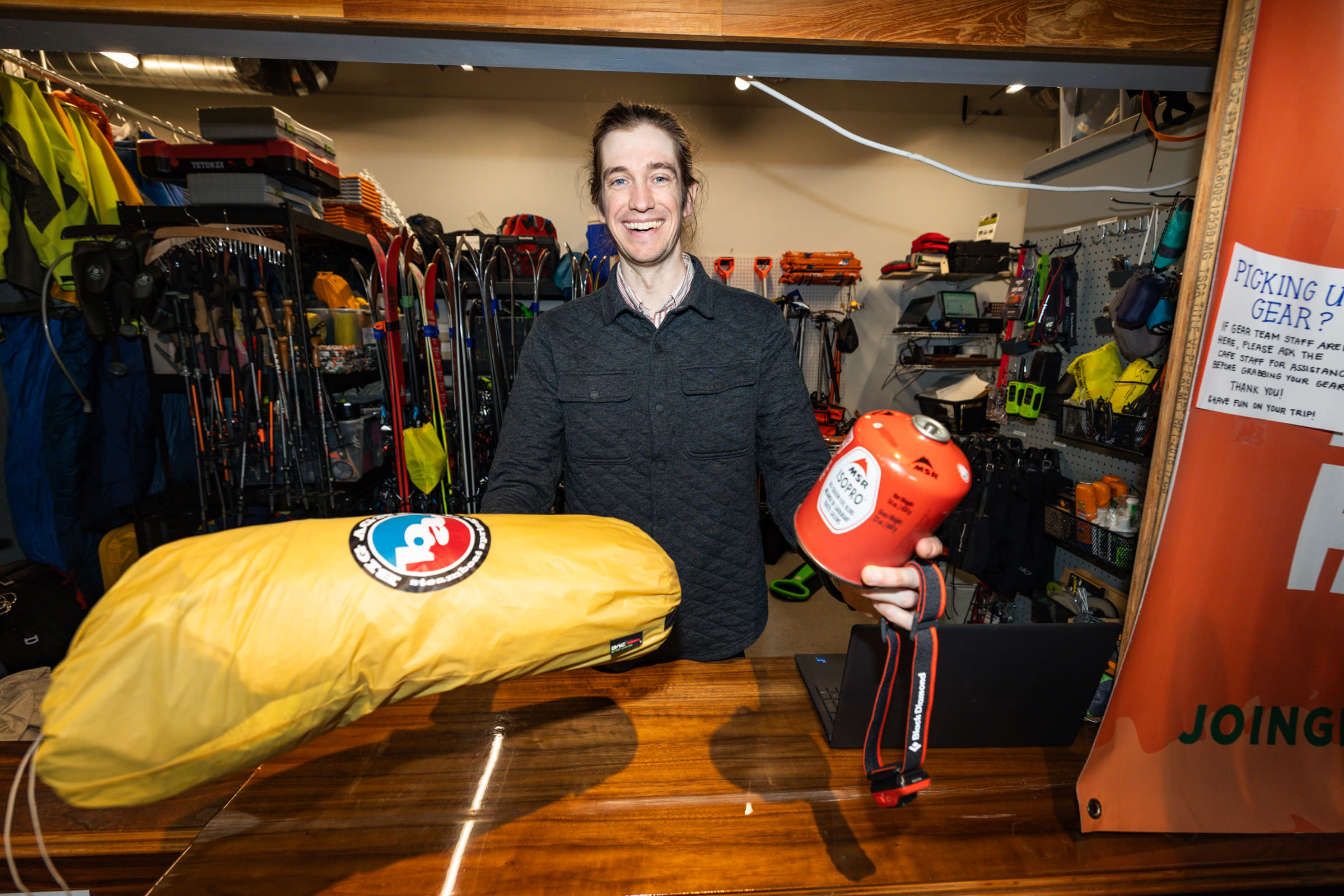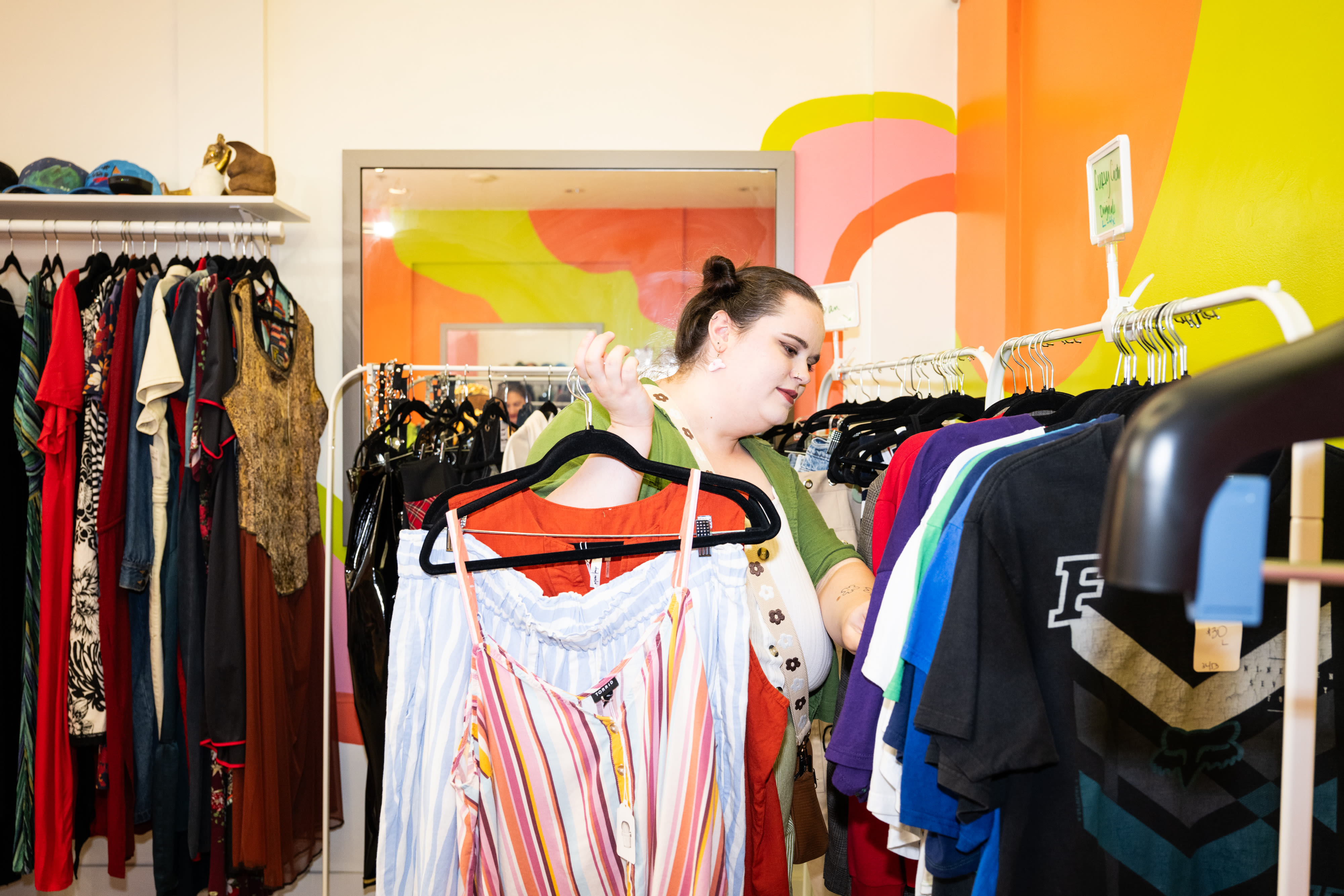This Is How Seattleites Are Finding Their People

Image: Courtesy Rachel Coward
In a matter of three weeks in 2021, Rachel Coward’s brother unexpectedly passed away, her dad was diagnosed with cancer, and she had an emergency surgery. “Those three things really shook me up and made me think long and hard about what my support system looked like in Seattle,” she says. “I even considered moving somewhere new and getting a fresh start, but I came to realize moving somewhere entirely new wasn’t what I needed—what I needed was community.”
Coward, a social media strategist who works from home, found herself in a situation many adults do: without the rich community that typically comes easier when you’re growing up. While she had plenty of friends scattered afar, she longed to step outside her front door and know those in her immediate vicinity. After reading books on friendship, listening to podcasts, and poring over articles about the loneliness epidemic, she became convinced friendship wasn’t frivolous.
“There’s truly a mental and physical health benefit to having a strong sense of community in your life,” she says. Armed with knowledge, she was ready for action.
The first thing Coward did was start talking about making friends in her online circles. “It broke down the walls around feeling that shame and embarrassment around having it all figured out,” she says. Next, she signed up for Bumble BFF, an app focused on friendship. She immediately started matching with people but quickly realized that realistically, they’d need to be pretty close to make connection more likely, so she set her radius to 5 miles. Then, she began to think about the people she already saw on a daily basis during her West Seattle neighborhood walks. She started to say hi when she passed others and struck up conversations with her next-door neighbor.

Image: Courtesy Rachel Coward
Her efforts paid off. That neighbor became a close friend. The first person she met from BFF Bumble lived nearby and they discovered they had tons of similarities. As she started meeting more people, she introduced them to each other, and everything snowballed. “It’s so hard to start this, but when you do it and get positive reinforcement and encouragement, it’s like a domino effect,” Coward says. “It’s what I call big friendship energy.”

Big friendship energy is something Alexandra Friedman was in need of when she first moved back to Seattle after being gone for 18 years. “I started to feel really lonely in a city that I thought that I knew,” she remembers. Although she was going to lots of events and working at a big company that was theoretically stocked with plenty of potential friends, she wasn’t making the kind of deeper connections she craved. To remedy that, she started hosting dinner parties that each had a theme for discussion. Those turned into ticketed events, which turned into Connection Feast, Friedman’s company that helps people learn to cultivate meaningful relationships.
It's important work, given that loneliness poses measurable risks to our health, just as physical inactivity and smoking do. “I don’t like fearmongering, but our bodies aren’t prepared to spend as much time alone and disconnected as we are spending,” she says. “We are built to be in community.”
Being a friendship coach doesn’t mean she has all the answers, but her firsthand experience helps her relate to others. “I still experience those bouts of loneliness even though I’m an expert in this,” she says. “It’s a beautiful loop for me to support others as I’m also supporting myself through the process.”
As an expert, does she think the Seattle Freeze is real? While we probably are somewhat influenced by the weather and the introverted nature of early Scandinavian settlers, Friedman says it ultimately doesn’t matter if it exists or not—if you’re finding it hard to break into a friend group, those aren’t your people.

So how can you find your people? If you’re looking to make more friends, Friedman offers the following advice:
- Focus on those who are reciprocating your efforts. Adulting comes with a lot of responsibilities, and not everyone has space for new friends. Put your energy into those who text you back and show a willingness to meet, and don’t take it personally if someone’s not in the right place in their life at this time. “Focus on the people that are responding, and run in the most positive way with those,” she says.
- Attend growth-oriented events. Friedman suggests events that involve investing your time and demonstrating your values. For instance, you’re probably more likely to meet a potential friend in a yoga teacher training versus a one-off yoga class—that element of working toward a goal together can be bonding. An all-day pottery workshop or a volunteer event are other good examples.
- Be specific when making plans. We’ve all been there with the ol’ “we should grab coffee sometime!” If you really want to make a friend, be more specific—suggest a couple of times and places to meet up. “Have a calendar of things you want to do and invite others to go with you,” Friedman says. Then make the plan to go anyway, and consider it a bonus if a new friend joins you.
Once you have some fledgling friendships, consistency is key for deepening them. To that end, Coward put together a group to watch The Golden Bachelor together every week. (Next up: The Golden Bachelorette.) Everyone was close by and could walk to each other’s homes, which Coward says felt like those magical college days. She also regularly attends an adult ballet class, where she strikes up conversations, and she invites friends to tag along for plans she already has, like a trip to Trader Joe’s (“you learn so much about someone by grocery shopping with them,” she says).
Coward documents her adventures in creating community on her Instagram, a platform that’s a bit of a double-edged sword. On one hand, it gives people a way to stay connected, an outlet to discuss topics like friendship, and a method of finding people with similar interests. On the other, it can contribute to FOMO and lead to endless doom scrolling, which only makes us feel lonelier.

Friedman says there are many beautiful ways people can come together virtually, but remember it’s all about balance. “We can feel connection through social media, but our bodies need to feel in-person connection as well,” she says.
It might be tougher to make friends now than it was when recess was a prominent part of your day, but it’s worth the effort for your health and happiness. A few years into her big friendship energy experiment, Coward is reaping the benefits of her efforts to bolster her support network. “It was more important than ever for me to make an intentional effort to build a community that feels like home,” she says. “When you spend time with new people, you just learn so much from them. The payoff is enormous.”




